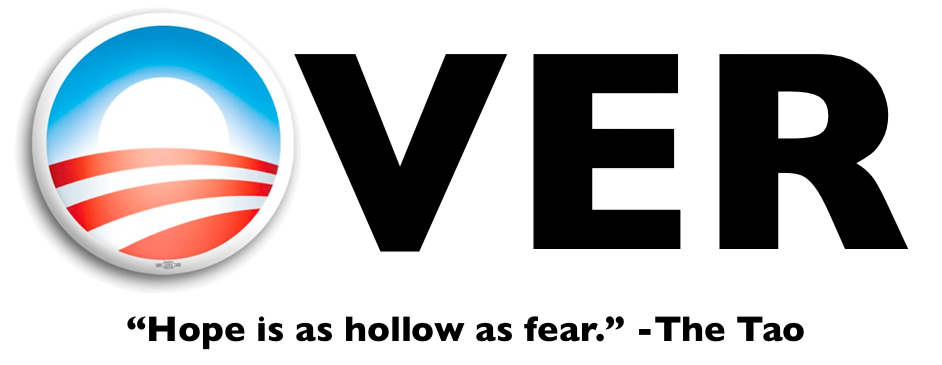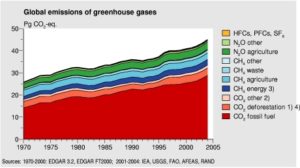It wasn’t long ago that I’d warned that the mainstream GOP would work feverishly to co-opt the participants of the original tea party, which took place during the Republican primary in 2007 when a groups of Ron Paul supporters self-organized a fundraiser to raise a $6 million money bomb for their favorite candidate on the anniversary of the Boston Tea Party. From there, the loose network organized a number of other fundraisers, but never called themselves The Tea Party. When Ron Paul ended his candidacy, many of those activists joined the Campaign for Liberty, Ron Paul’s PAC.
Sitting on the coast and reading mainstream media polls more interested in race than substance, it’s hard to tell how many of the over 50 million self-described Tea Partiers are aligned with the original tea party participants and how many are simply aggravated members of the GOP. A simple question tells them apart: do you support an imperialist foreign policy? Those that says yes, or question whether the US is imperialist, are frauds. Those who declare the need to dismantle the American Empire are the real deal.
Why didn’t the mainstream media ask that simple question during their tea party poll… or did I miss it?
Here’s a news item: the Tea Party doesn’t exist but tea parties do and the yellow movement described here is emerging out of grassroots political action taking place around the country. There is, of course, a battle over the Tea Party brand but it’s important to remember there is no central committee, no leadership, no platform. The organizations throwing the ‘Tea Party Conventions’ consist mostly of traditional right-wing PACs pretending to represent The Tea Party to the mainstream media. It’s the mission of both the mainstream media and GOP PACs to bring the tea parties back into the Republican tent without changing the GOP’s core platform. Their strategy to achieve this mission is to attach the GOP’s nationalist faction to the tea parties by getting ultra-nationalist networks of talk-radio, religious and personality cult leaders to incite their followers to organize tea parties and, hopefully pollute the core principles of the grassroots with inflammatory and confused messages about race and immigration. So far the GOP has successfully tricked both the mainstream and leftist alternative media into thinking that the ‘Tea Party’ is a traditionalist, nationalist, fridge movement. Nothing could be further from the truth.
The tea parties are reintroducing the universally appealing concept of localism into our political discourse by focusing on core principles that mainstream media and political parties refuse to address.
1. Sound Money. For decades the mainstream media has avoided any serious discussion about monetary policy or economic principle. The financial collapse has made it clear that our corporate Keynesianism is failing the American people and we need to create economic policies that support local/grassroots development.
2. The Constitution. Our government is currently in a state of mass Constitutional noncompliance. This is outrageously dangerous because the Constitution is literally the only thing preventing our government from becoming an autocracy. This situation needs to be rectified by amending the Constitution and changing unconstitutional laws. If the Supreme Court won’t do it’s job, Congress and the President must.
3. Liberty. The freedom to do anything as long as it harms no one is the Enlightenment’s great political achievement and the foundation of the American system of governance. Like Europe, our citizens have been conditioned by a paternalistic government to trade their liberty for security, but unlike Europe, there is a vocal minority dedicated to the never ending struggle for individual liberty. Tea partiers are committed to that struggle.
Corporate America will continue to shield the American people from political localism as long as it can. The important thing to remember is that bottom-up political organizing is taking place in American and it threatens the power of the top-down media. All this author requests is that you keep an open mind and remember the words of Gil Scott-Heron: “the revolution will not be televised.”




